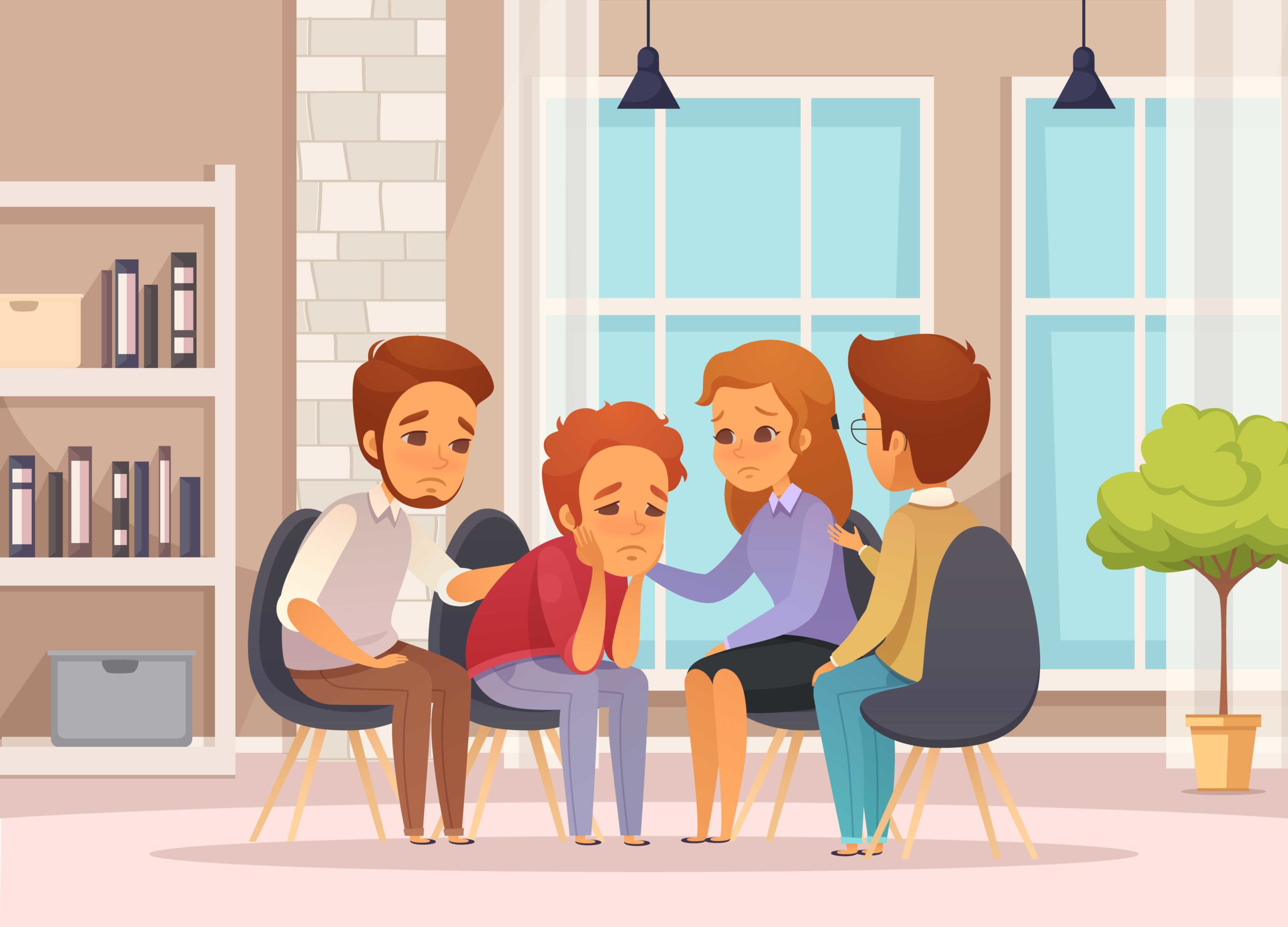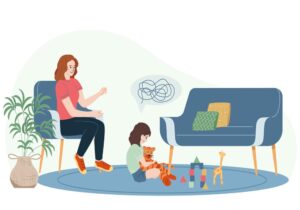How to Improve Your Relationship with Your Children – A Psychologist’s Guide
This article has been researched and written by Nayla Daou. AI has not been used in producing this article.
The modern family’s lifestyle leaves us shuffling from school to sports practice, family events, visiting friends, and everything in between. As society evolves to become more on-the-go and technologically advanced, we tend to spend less time sitting around the dinner table to enjoy family conversations and laughs. This begs the question; how can we connect with our children and work to improve the parent-child relationship? Although it will always be a work in progress, especially as your child matures, we have a few ideas to get you started.
Active Listening and Validation
It is important to actively listen to your child, especially when they feel comfortable enough to open up and share information, even when the information or situation at hand may have been risky or inappropriate. Instead of reacting to surprising news, ask questions, validate their concerns, and work together to develop solutions when it is appropriate. If your child is coming to you, it is because they trust you. Try to remain calm and listen to what they have to say. By taking in their information and reacting calmly and appropriately, they will likely feel comfortable enough to do it again.
Be Present
Step away from the trusty cell phones, laptops, and Netflix movie marathons to be present physically, mentally, and emotionally with your child. If they are young, take time to go outside and play. Bonding through play is one of the easiest ways to develop a long-lasting, loving, and trusting parent-child bond with your little ones.
Sitting down and eating a tech-free meal is a great way to bond with children of all ages. Ask them about their school day, friends, activities, and anything else that comes to mind. Although you’ll likely get a frustrated eye roll, they will appreciate it when they’re older. Additionally, they will know their parents are always there for them.

Be Vulnerable
Although it is hard for almost everyone to be vulnerable at times, letting your kids into your world is equally as important as it is for them to let you in! Vulnerability and trust are a two-way street. When a child knows that even you aren’t perfect, they will feel understood and comfortable knowing everyone occasionally feels sad, makes mistakes, or makes poor choices. When a parent yells, it’s okay to apologize and admit you were wrong. Sharing how sometimes even grown-ups feel tired, stressed, or sad can help your child relate and to build trust with you even further.
Work as a Team
A parent-child dynamic is not all about the parent ruling the roost. When your child can be a part of the solution to a problem, they will feel more invested in the situation and will likely work harder to help solve it. Together parents and children can work on developing good coping, problem solving, and critical thinking skills. Through this process, you will learn more about each other. Additionally, they will have a deeper level of understanding of how to care for themselves and each other in the future.
Improve Your Parent-Child Relationship with Help from ClearMinds
Developing and maintaining a positive relationship with your child can be difficult, especially with extenuating circumstances such as blended families, adoptive relationships, teenage hormones, and more. If you struggle to connect with your child, you are not alone. Here at ClearMinds, our professional child therapists and psychologists are here to help you reconnect.
Reach out to schedule your appointment today!
How Psychoeducational Assessments Help Shape Better Learning Plans in School
No two children are the same. Every child brings a unique mix of strengths, challenges, and ways of …
Can Relationship Counseling Work for Toxic Relationships?
Relationships can be complicated, emotional, and at times, painful. While every couple experiences ups and downs, some relationships …
10 Signs You May Have Anxiety
Anxiety is a normal and natural human response to stress, danger, or uncertainty. However, when anxiety becomes excessive, it can …
Child Sleepwalking and Talking: What You Need to Know
Childhood is a time of rapid development, filled with new experiences—and sometimes, surprising nighttime behaviors.
Questions a Child Psychologist Might Ask
When preparing for your child’s first appointment with a psychologist, it’s natural to feel curious—or even a little anxious—about what …
55 Love Questions for Couples to Deepen Your Relationship
In any relationship, communication is key. Whether you’re just starting out or have been together for years, asking meaningful
Stress vs. Anxiety vs. Burnout: How to Recognize the Difference
In today’s fast-paced world, understanding the differences between stress, anxiety, and burnout is crucial for …
Relocation Depression: Definition and Ways to Cope
Relocation depression, also known as moving depression, is a form of situational depression that arises from the stress …
How to Help Your Child with Anxiety Through Divorce
Divorce is a significant change that affects every member of a family. For children, the uncertainty and adjustments …
Depression vs Sadness: Understanding the Difference
While often used interchangeably, the terms “sadness” and “depression” represent distinct emotional states, each with …











